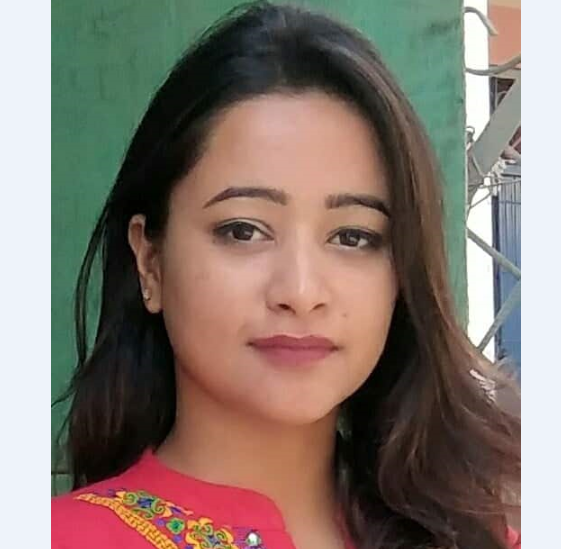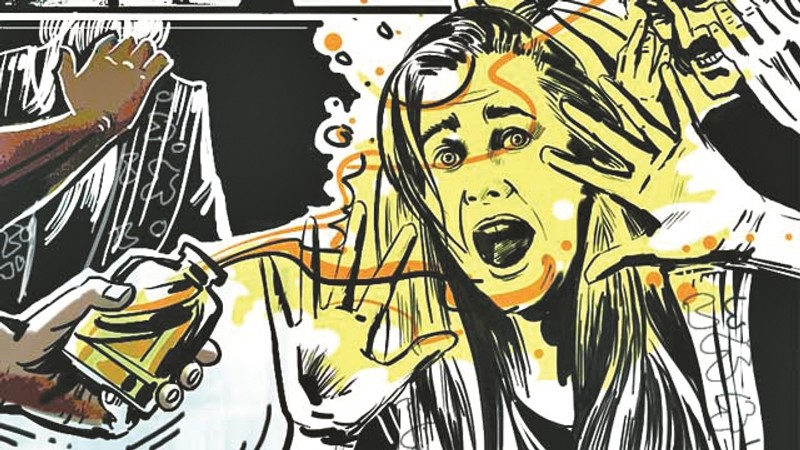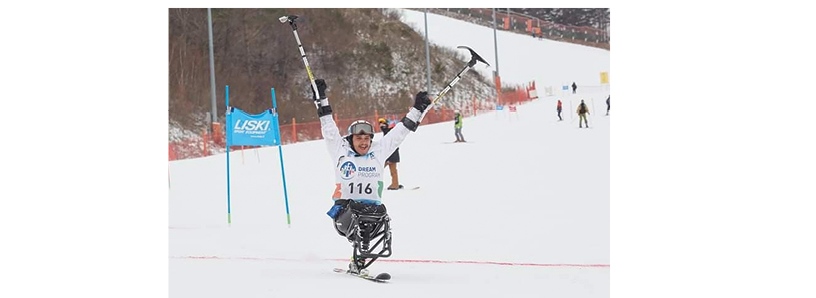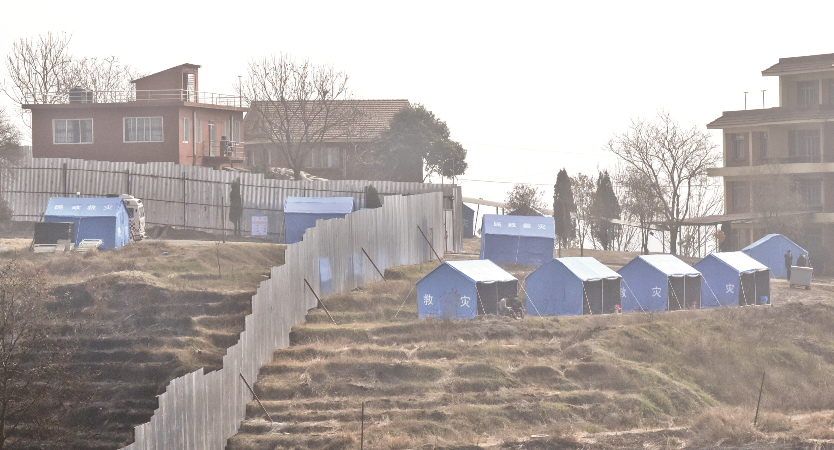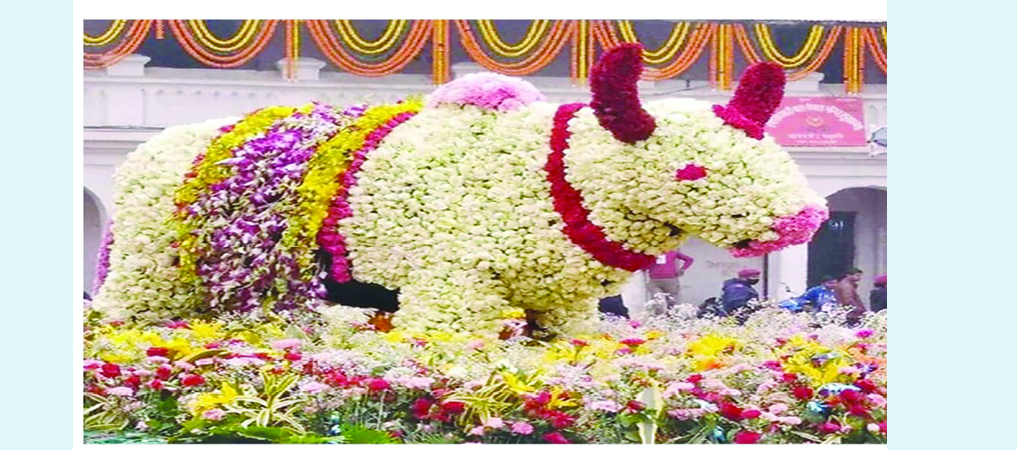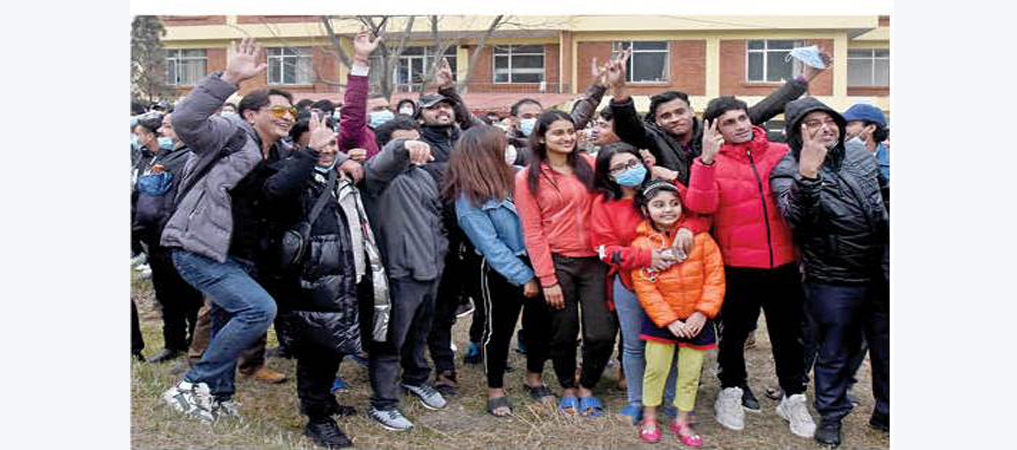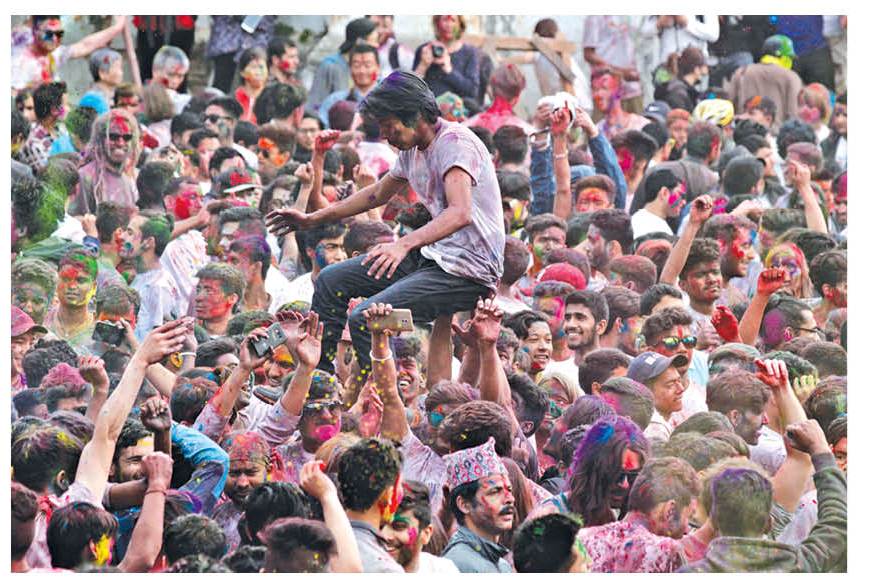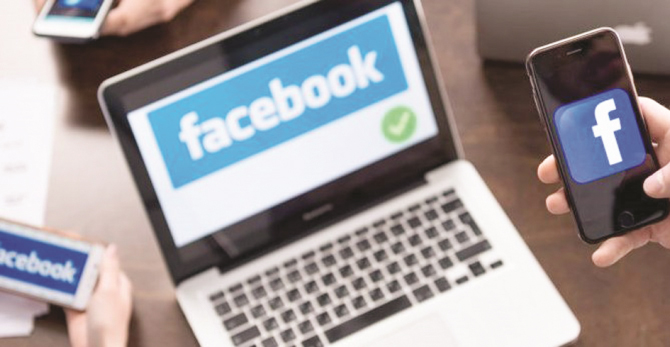Govt to bring Pfizer, Moderna jabs to inoculate children

By Sampada A. Khatiwada
Kathmandu, Nov. 4: Following the arrival of Pfizer’s COVID-19 vaccines in Nepal, parents of school-going children have become hopeful that the government would now begin vaccinating the younger population.
Ramesh Shakya, 43, father of a 13-year-old, said, “Although my wife and I already received the second dose of vaccine against the coronavirus, we were concerned for our daughter as despite being vaccinated we could still be carriers.”
Shakya said that as the schools had resumed physical studies, the children were now exposed to a greater risk of catching COVID-19.
Similarly, Shova Dangi, mother of two teenage daughters, said, “Now that the schools have reopened physical classes after almost two years, we would be relieved if the government made efforts to manage vaccines for our children.”
A total of 100,620 doses of Pfizer vaccines were brought to Nepal on Monday, October 25 under the global COVAX initiative. Pfizer is the only vaccine brought in Nepal, which can be administered to children above 12 years of age.
Initially, the government had planned to distribute Pfizer for children. However, as the vaccine is limited in number, the government has decided to prioritise inoculating immune-compromised people who are aged 12 years or older.
Dr. Shyam Raj Upreti, coordinator at the COVID-19 vaccine advisory committee, said, “Although the World Health Organisation has approved to vaccinate children above 12 years with the Pfizer, as we have limited doses, we have decided to provide the vaccines to patients suffering from chronic diseases.”
He added that the vaccine would be provided from 24 different hospitals throughout the country from November 14 to people suffering from renal failure, those undergoing dialysis treatment, organ transplantation, cancer patients, and those suffering from pulmonary diseases.
Dr. Upreti highlighted that the risk of coronavirus infection was minimal in children. “Thus, we are focused on
vaccinating the elder groups for now.”
“Children will be safe in schools if they duly abide by the public health standards and if all the teachers and school staffers get the anti-coronavirus jab,” Dr. Upreti added.
Meanwhile, the government is preparing to bring in additional seven million doses of Pfizer and four million doses of Moderna vaccine by adopting procurement and payment procedures via the World Bank. Dr. Upreti said that the vaccines are expected to arrive within 2021.
According to Birodh Khatiwada, Minister for Health and Population, the Pfizer and Moderna vaccines would be provided to children between 12 to 18 years of age.
“As soon as the vaccines arrive, the inoculation drive for the children will kick-off. Till then, we are aiming to vaccinate the immune-compromised groups,” he said.
Moreover, addressing a programme in Chitwan on Monday, Minister for Women, Children and Senior Citizens Uma Regmi said that the government was striving to administer anti-coronavirus vaccines to children as soon as possible.
“As researches are being conducted to administer Moderna to children aged above five years, the government will provide the vaccines to the younger population as soon as the research concludes,” she added.
Recent News

Do not make expressions casting dout on election: EC
14 Apr, 2022
CM Bhatta says may New Year 2079 BS inspire positive thinking
14 Apr, 2022
Three new cases, 44 recoveries in 24 hours
14 Apr, 2022
689 climbers of 84 teams so far acquire permits for climbing various peaks this spring season
14 Apr, 2022
How the rising cost of living crisis is impacting Nepal
14 Apr, 2022
US military confirms an interstellar meteor collided with Earth
14 Apr, 2022
Valneva Covid vaccine approved for use in UK
14 Apr, 2022
Chair Prachanda highlights need of unity among Maoist, Communist forces
14 Apr, 2022
Ranbir Kapoor and Alia Bhatt: Bollywood toasts star couple on wedding
14 Apr, 2022
President Bhandari confers decorations (Photo Feature)
14 Apr, 2022
